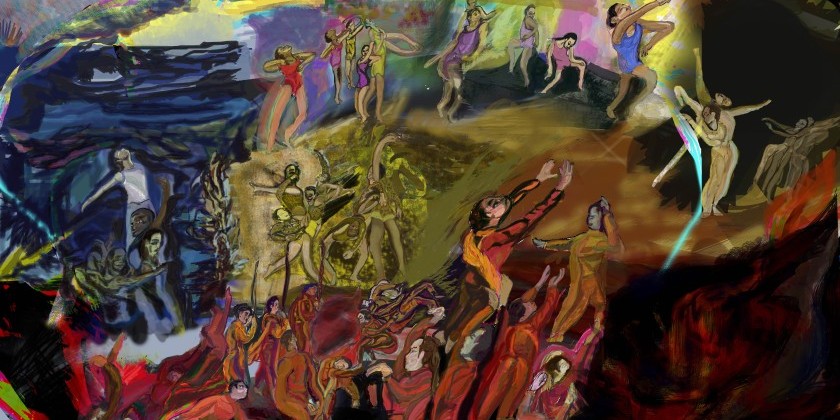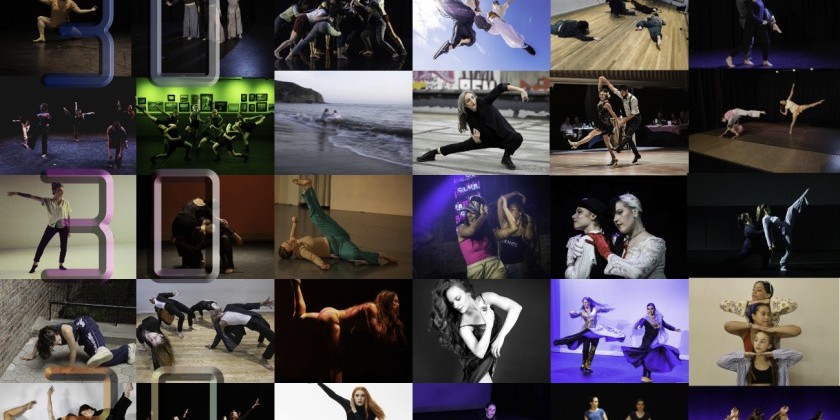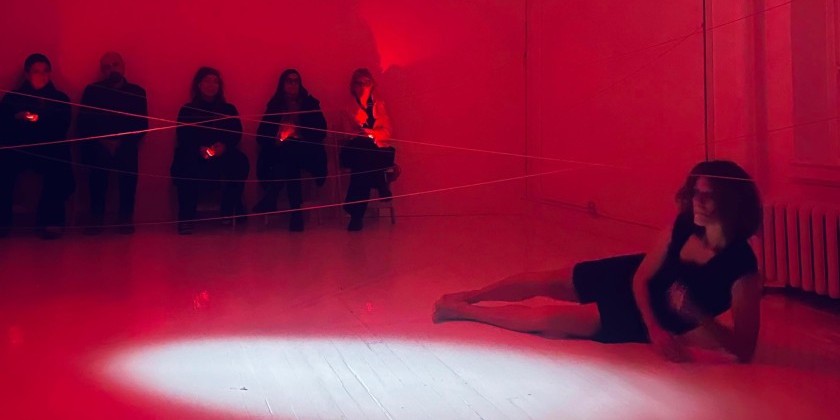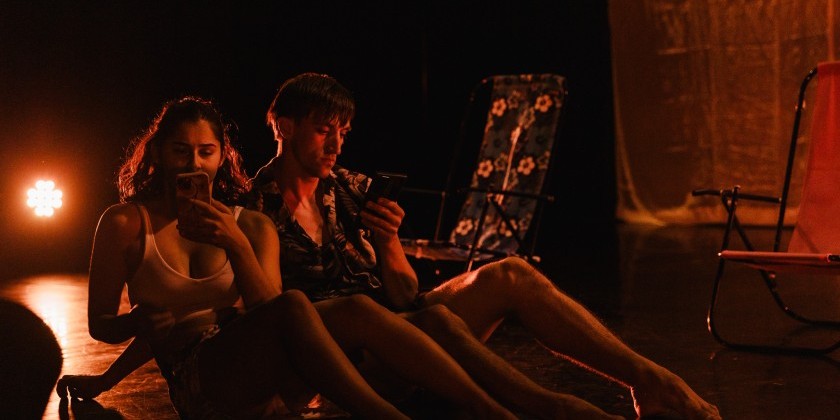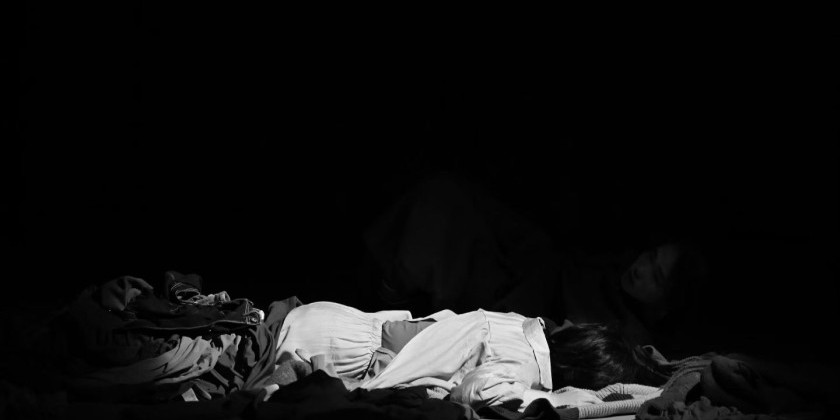AUDIENCE REVIEW: "DePression Pink" by Alice Klugherz

Company:
Alice Klugherz
Performance Date:
11/28/2018
Freeform Review:
Pink-garbed people under pink lights. It's a female experience. Depression and anger. (And guilt). Klugherz and her entourage of dancers and performers express women's frustration with this emotional content and the ways in which women who express it are then blamed for their own condition.
Then the terrain changes. The troup speaks of being trained to comply, specifically being trained as females to accommodate. And bad things happen, a combination of ratcheting up the ickiness of the things you're expected to comply with and sudden exposure to things you weren't expecting or ready for, but for which a lifetime training in being amenable and cooperative didn't prepare you to cope with or avoid.
And then you get the message that either you're being ridiculous to complain about it or that it didn't happen at all.
Through personal vignettes and opportune echoes of phrases we've all heard on the news-channels, we're reminded again of Brett Kavanaugh, Harvey Weinstein, and the primordial clash of Clarence Thomas and Anita Hill. There are viscerally personal stories told, stories of violations and betrayals. Mothers, boyfriends, doctors, teachers, acquaintances and strangers, and how they've contributed, either by committing gross invasions or by participating in the denial and erasure. The whole of the piece is far greater than the mere sum of its parts because it's a cumulative experience.
Diane Roo Carroll, Anna Zekan and Irene Morawski join Alice Klugherz in the leadoff performance, using dance to highlight the emotional substance of what Klugherz narrates about being depressed and angry.
The voice of Marlene Nichols introduces the #metoo element with Klugherz and Cynthia Xavier using movement and posture to illustrate her story. Lenny Langley weilds a mean utility-light and Anna Zekan walks us a transfixed deer caught in it as the women explain the general phenomenon of being caught and paralyzed by the situation, setting the stage for the narratives that follow.
Susan O'Doherty, Shari Rosenblatt, Irene Siegal, and Klugherz herself relate their specific stories of encountering these sexual intrusions; they peel themselves to the raw reactive cores, exposing their uncertainties and the self-doubts and self-recriminations as well as the fury at what's been dealt to them.
Themes emerge: we see how people cope by so often treating the occurrence as a dream or bottling it up as a vague half-remembered thing; there is little opportunity to name things, to speak them out loud, when they are so seldom spoken of and when there is no one to whom one can speak them; and the social pressure is to push down on one's feelings, to deny and erase; and there is once again the "weather thing", learning to regard these behaviors of men as if they were as natural and as inevitable as rainstorms. Marlene Nichols rhetorically asks, "What kind of New Yorker would I be if somebody copping a feel on the subway left me devastated, you know?"
And finally, of course, internalizing it, Blaming one's self for what happened, and experiencing it as unanchored random despondency and misery and fury.
DePression Pink is not set in chronological order. It starts with the depression and anger and then sifts through what precedes it, what causes it. And yet that's the cognitive order, sure enough. It's the order in which a person coming to grips with all this is most likely to process, recognizing the incapacitating emotional states and recovering the awareness and memories of the violations later.
Towards the end of the piece, the performers offer a sentiment I have to dissent with: "If they wanted something mutual", they declare, after indicting the perpetrators of these intrusions, "they would have it". I have often said that there are problems for the male person who does indeed want something mutual. Patriarchal sexuality isn't set up that way. This is not, however, any discredit of the message rendered by DePression Pink; if anything it is a concurring statement about how things are structured. It's the same phenomenon, this polarization. One audience member commented on the combination of the sensual/sexual women in some of the dance pieces, dancing in celebration and freedom, and these awful stories, and the significance of juxtaposing them, that they are both part of women's reality. This dynamic, in which sex is pursued in a predatory way by males, in which female people are treated as prey... this is woven into our cultural understanding of what the genders mean, of what it means to be a woman or a man. If there are women who do not readily see any corresponding validity to a male complaint that we're situated to behave in a sexually invasive way or else be relegated to the sexual sidelines, they might more quickly recognize it in the social condemnation of women who are so brazen as to pursue their own sexual interests instead of waiting passively to comply with some male's initiative. They might recognize it in the litany of names that get applied to women who act with sexual autonomy.
Alice Klugherz says, near the end of the piece, "I am going to cross out what I've written, and write it again and again, until it says what I want to say". She seems to have honed her voice to a very effective edge in DePression Pink.
DePression Pink was performed November 29 and 30, and Dec 1, at University Settlement in the Lower East Side of New York.
Photo Credit:
Photo copyright of Alice Klugherz.







